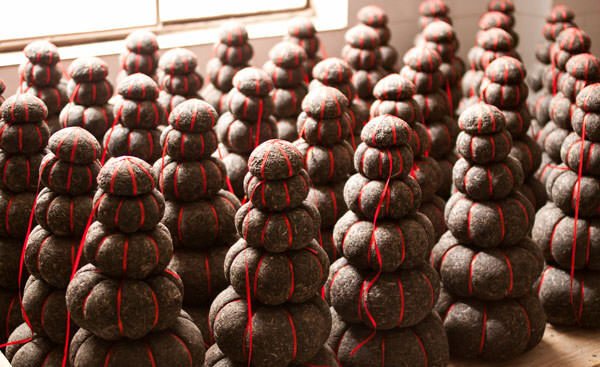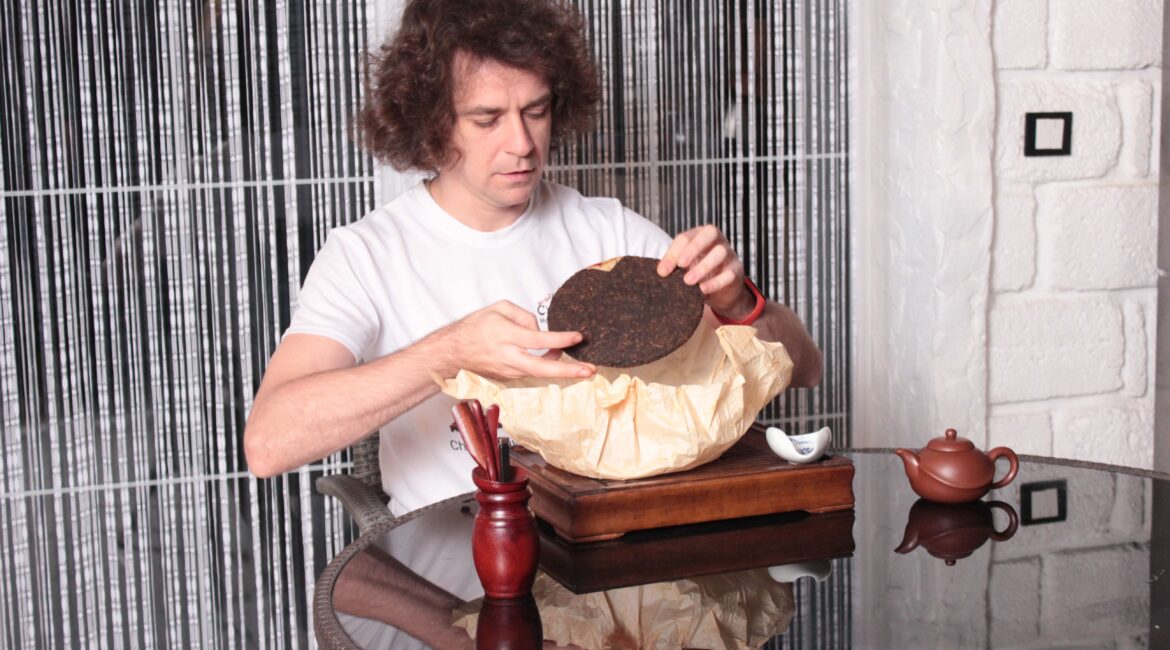Many tea lovers have noticed the unusual properties of Chinese Pu-erh tea, which are manifested due to theanine, caffeine and other biologically active substances in its composition.
What is the effect of pu-erh?
Regular consumption of Chinese tea makes life much easier and more relaxed. This is evident not only from the studies of odious British or patriotic Chinese scientists.
Those tea lovers who are familiar with the effect of pu-erh know well what effect their favorite varieties have on the body. Some people experience altered states of consciousness to a certain extent, as well as a feeling of peace, happiness, peace. For some, the use of pu-erh tea is interesting primarily for the feeling of cheerfulness, a surge of strength, and a powerful tonic effect. However, what is the main active ingredient that determines the effect of pu-erh tea and makes it so powerful?
What is the tonic effect of pu-erh?

The active ingredient in tea
For the first time, the main active ingredient, L-theanine, which causes the effect of pu-erh, was discovered and synthesized in 1949. This amino acid has an amazing effect on the human body, improves mood, gives positive feelings, and significantly reduces the risk of developing senile sclerosis. The maximum amount of this amino acid is contained in the young buds of tea bushes, especially in the so-called tips that have not yet opened.
Scientists know for sure that L-theanine contained in pu-erh and other tea stimulates the synthesis of a substance such as dopamine, known as the hormone of joy, love and happiness. The concentration of theanine in tea leaves directly depends on the quality of tea, respectively, the better the tea, the more theanine it will contain, in general, its content in the leaf ranges from 0.2 to 2.25%.
Theanine content is highest in yellow and white teas. Those tea lovers who want to know what effect of pu-erh is most interesting for a modern person should understand that daily consumption of this green tea not only improves memory, but also increases the speed of thinking. Regular tea drinking with the use of high-quality tea significantly improves the condition of the body and is an effective prevention of Alzheimer’s disease.
How do theanine and caffeine interact?
In addition to L-theanine, tea also contains caffeine. Theanine softens and prolongs the effect of caffeine, which is contained in tea and is extracted into the infusion during brewing. Another interesting point that will interest fans of Asian cuisine is the fact that L-theanine has the same “umami” taste, which has become so popular in Japanese cuisine thanks to a variety of sauces based on fermented plant components.

